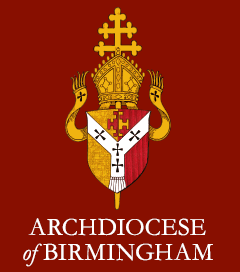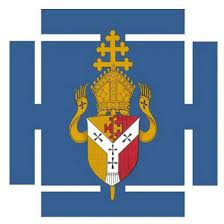Spanish
|
Spanish |
|
|
Edexcel |
|
|
Year 12 |
Year 13 |
|
Spanish is the second most common mother tongue globally, after Mandarin Chinese; studying Spanish will therefore help you all around the world. It also gives you the opportunity to discover the rich cultural tapestry of the Spanish-speaking world. This is a 2 year linear course assessed at the end of Year 13.
Theme 1: Changes in Spanish society We look at the changes in family life, we consider the world of work and the huge impact of tourism on the Spanish economy and Spanish life in the last 50 years. Theme 2: Culture of the Spanish-speaking world We discover music from Spanish-speaking countries, the changing nature of the media in these countries and the role of customs and traditions across the Hispanic world.
|
Theme 3: Immigration and French multicultural society We look at the increasingly multicultural nature of Spanish society, considering the positive impact of immigration, public opinion and the challenges yet to be addressed. Theme 4: Dictatorship under Franco and Spain’s transition to democracy We learn about the Civil War, its causes and effects, we discover what life was like under Franco’s dictatorship and we look in detail at the social and political steps taken by Spain as it moved towards democracy. Cultural topics: We study the novel ‘Como agua para chocolate’ by the Mexican author Laura Esquivel and the film ‘Mar Adentro’. Assessment: Paper 1: (1 hour and 50 minutes) (40%) Listening, reading and translation into English
Paper 2: (2 hours and 40 minutes) (30%)
Paper 3: Speaking test (21 – 23 minutes) (30%) Task 1: Students discuss one theme from the four listed above. Task 2: Students present and discuss a topic they have independently researched.
|
|
Links Well With: Spanish links well with any A level as it is a subject that gives you skills to operate in any field, including Maths and Science. From a linguistic perspective, it links well with English and French. However, languages also provide an insight into another culture and society; the course content links well to subjects such as Art, Geography, History, Music, Philosophy and Ethics and Sociology. |
|
|
Progression Routes: Students can go on to study Spanish at university with the focus on a range of specialisms. Many universities also offer courses where you can study a language as an additional unit or module to your main subject and even offer study or work placements abroad. Speaking a language opens the door to the whole spectrum of employment possibilities. |
|
|
Entry Requirements: GCSE Grade 6 Spanish. |
|





